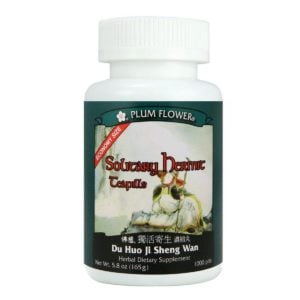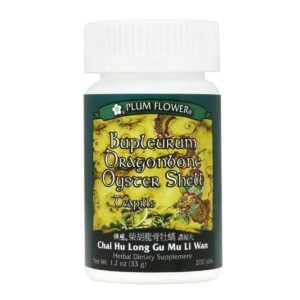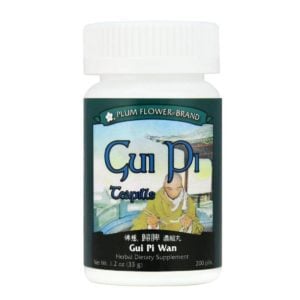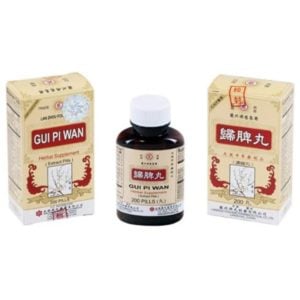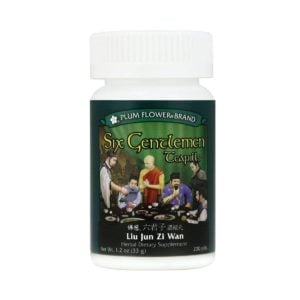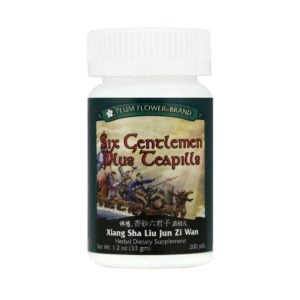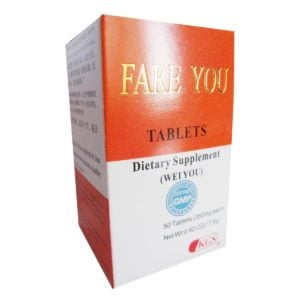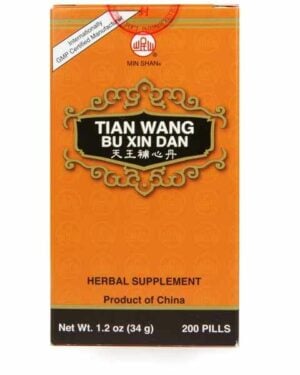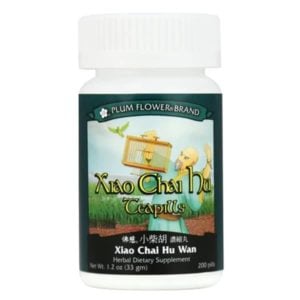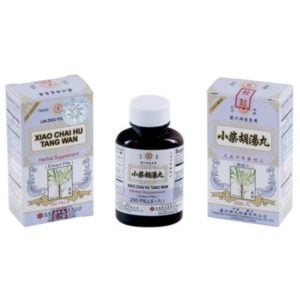Dang Shen
English Name: codonopsis, pilose Asia bell root
Pharmaceutical Name: Radix Codonopsis
Medica Category: Qi-Tonifying Herbs
Properties: Dang Shen enters the Spleen and Lung channels; it is sweet in nature and neutral in temperature.
What is Dang Shen?:
The Chinese Herb Dang Shen (Codonopsis pilosula) is the dried roots of a flowering plant in the bellflower family that grows native in the woodlands and forests of North China (although it is widely cultivated throughout China for commercial use).
Dang Shen is often substituted for Ren Shen (Asian or Korean ginseng root) in formulas at a 3:1 ratio, especially if the person taking the formula has heat in their pattern. While Dang Shen has many of the same effects as Ren Shen (they are both adaptogens that help invigorates the body and mind), it is milder than Ren Shen; also, it builds blood and yin. This makes it a better choice in certain situations where there is significant need to build blood and generate fluids in addition to the need to tonify qi (e.g. relieving chronic fatigue, providing nutrients to nursing mothers etc…). Its actions in terms of TCM are discussed below.
Traditional Chinese Medicine (TCM) Therapeutic Actions of Dang Shen:
Dang Shen tonifies the Spleen and Stomach to address qi deficiency that presents with fatigue, lack of appetite, and loose stools. Spleen qi also plays a role in “holding things in place”; thus Dang Shen is appropriate to address organ prolapse due to qi and yang deficiency.
Dang Shen tonifies Lung qi to address cough, wheezing, shortness of breath, and loss of voice due to Lung deficiency.
Dang Shen tonifies qi to enhance the body’s ability to produce blood and body fluids. From this if follows that this herb is useful in addressing a wide variety chronic illnesses characterized by long-term deficiencies of qi, yin, and blood.
Dang Shen is a mild herb that generates body fluids and builds blood and is used in formula with other herbs that release the exterior to help clear external pathenogenic invasions in constitutionally deficient individuals (e.g. help an elderly, feeble person who is catching a cold with headache, chills, and sinus stuffiness).
Products Containing Tag: Dang Shen – Codonopsis – Radix Codonopsis
-
Plum Flower – Gui Pi (Gui Pi Wan)
Add to CartStarting at $23.13
-
Solstice Medicines (Ci Brand) – Gui Pi Wan
Add to Cart$11.99
-
Plum Flower – Six Gentlemen Teapills (Liu Jun Zi Wan)
Add to Cart$21.23
$27.90 -
Plum Flower – Six Gentlemen Plus Teapills (Xiang Sha Liu Zi Wan)
Add to Cart$23.93
$31.30 -
Wei You Pian – Fare You Gastro
Add to CartStarting at $6.49
-
Min Shan – Tian Wang Bu Xin Wan
Add to Cart$13.63
$17.80 -
Plum Flower – Minor Bupleurum (Xiao Chai Hu)
Add to Cart$22.13
$28.90 -
Solstice Medicines (Ci Brand) – Xiao Chai Hu Tang Wan
Add to Cart$11.99

